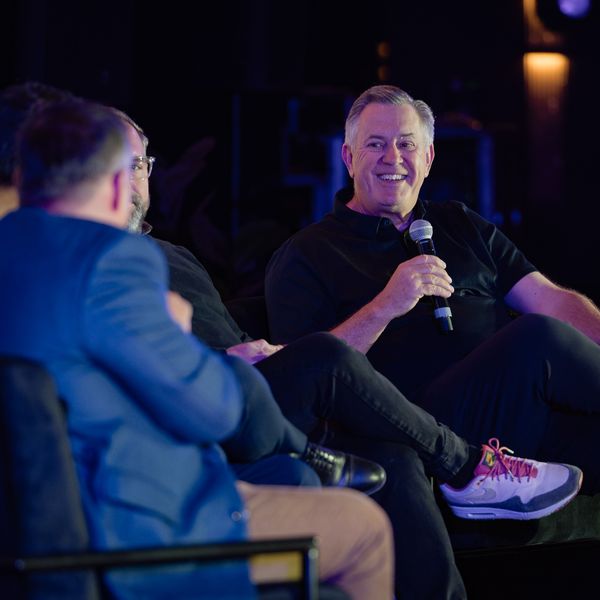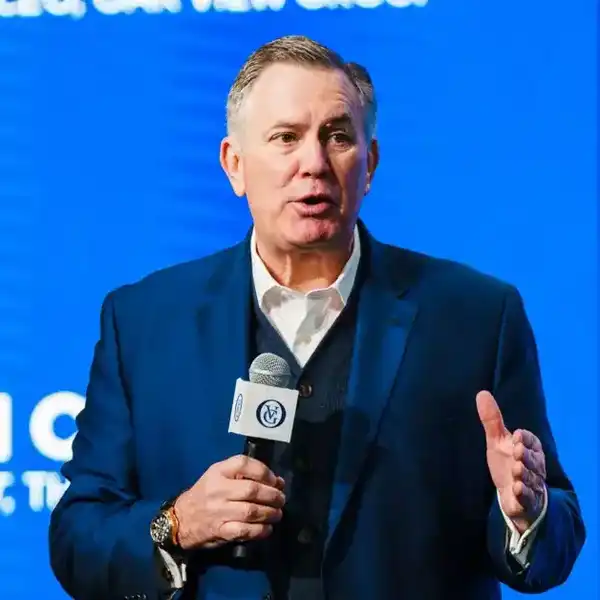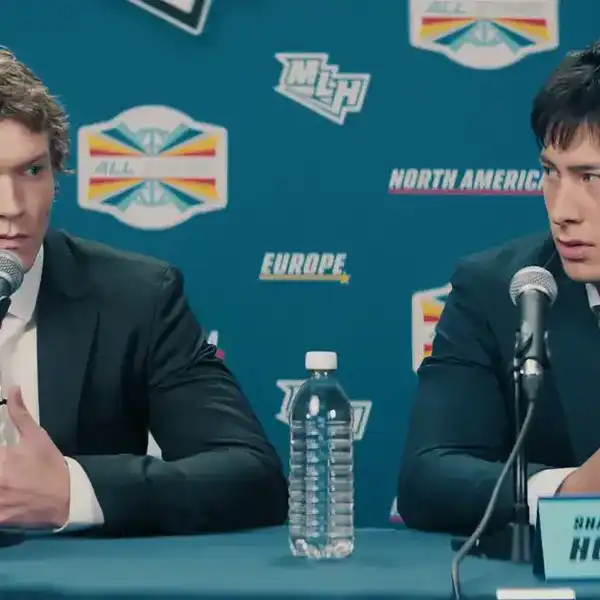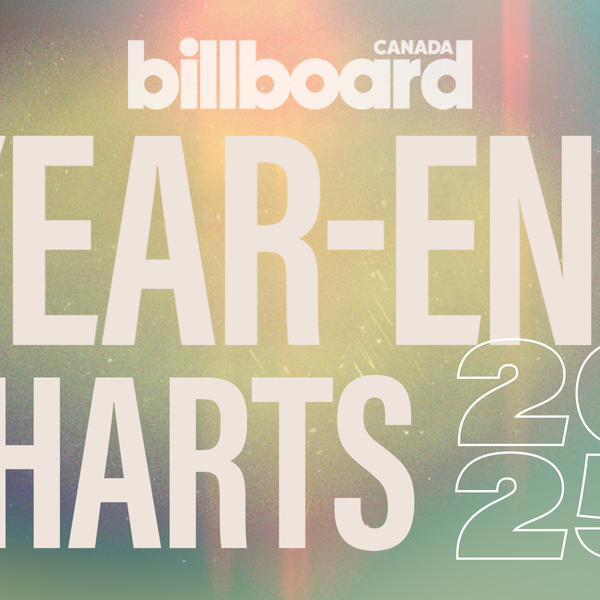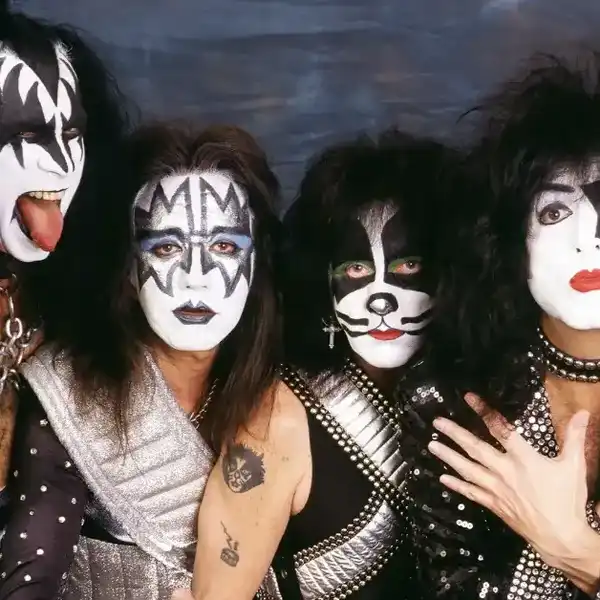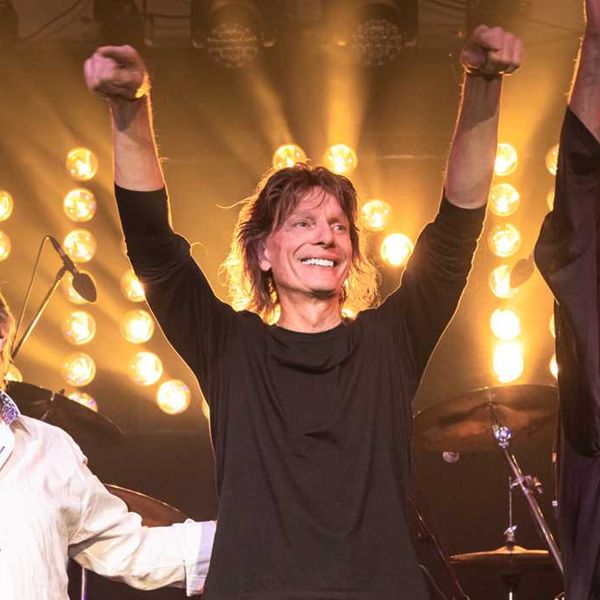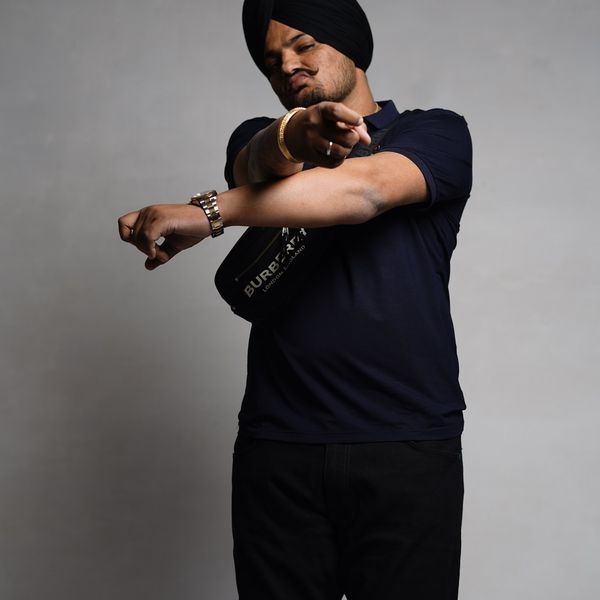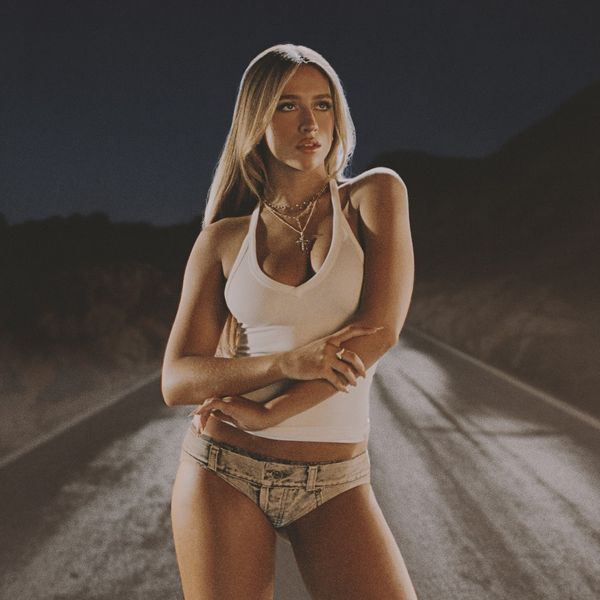Is There a Guitar God? Jeff Beck Remembered
With the recent passing of guitarist Jeff Beck (January 10, 2023), the epithet Guitar God appeared stencilled all-over social media—etched on an imaginary canvas, a halo above the man’s head.
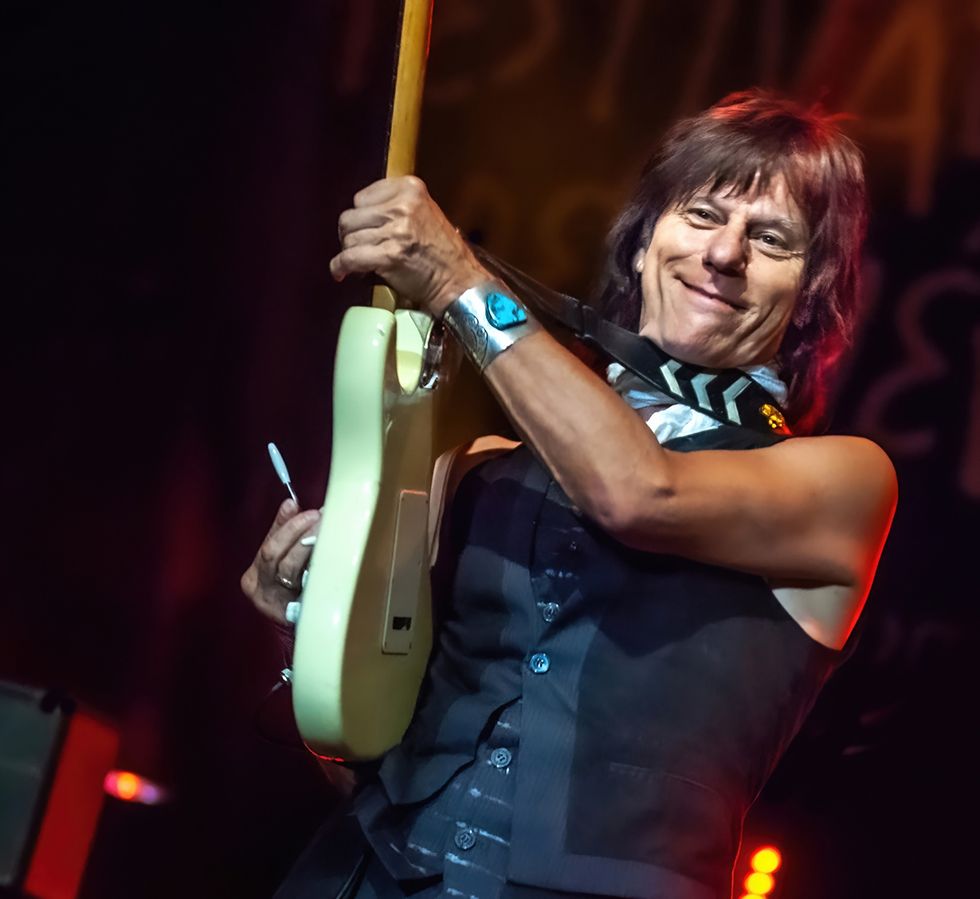
By Bill King
With the recent passing of guitarist Jeff Beck (January 10, 2023), the epithet Guitar God appeared stencilled all-over social media—etched on an imaginary canvas, a halo above the man’s head.
I once discovered the same for forward-thinking: Eric Clapton, Jimi Hendrix, Stevie Ray Vaughan, Jimmy Page, and others. That rare few that stand above middle ground—that region between black and white and the unimaginable—Freddy King, B.B. King, Albert King—all the Kings’ men. Albert Collins, Elmore James, John Lee Hooker, —Wes Montgomery, Pat Metheny, George Benson, Charlie Christian, Django Reinhardt—Andres Segovia, John Williams, and Julian Bream. All apostles of the guitar. But is there, with all certainty, a guitar God?
I’m repeatedly drawn back to that first listen. Those initial Wes Montgomery guitar sides of my youth. That redeemer admiration.
Montgomery grew up a hundred miles north of my hometown of Jeffersonville, Indiana. Dad, a promising guitarist, idolized Montgomery’s hollow body Gibson L5 and octave playing technique. Talk of the greats circulated as freely as a dinner of chicken fried steak and gravy. There was no shortfall of Montgomery and Herb Ellis reverence. Likewise, the under-sung and equally adept Jimmy Rainy took to dad’s universe, a local hero.
Rainy was dad’s work in progress. A heroin addict suffering from a retrogressive muscular disorder that bedevilled him his final thirty years. Prior to the affliction, Rainy played in the Stan Getz group and the Artie Shaw Orchestra. Dad determined he was duty-bound to save the iconic musician from addiction hell, driving him to treatment centres.
There were movements Rainy achieved on the guitar that confused me. Dad tried to bring those to his narrow understanding of harmony and improvisation. But ongoing battles with PTSD and other ailments wouldn’t allow the hands to cooperate. I get that.
Most experiencing a first breath of music join that caravan of the faithful. Follow wherever a newly minted leader takes us. A second recording, a third and a fourth. Each more illuminating and meaningful than its predecessor. Oh, how we wished to command the instrument with the same grace and dexterity.
It was the same for me with pianists Oscar Peterson (West Side Story), Bill Evans (Sunday at the Village Vanguard), and Herbie Hancock (Maiden Voyage). To this day, those recordings remain immortal and impossible to imitate.
I first heard the expression ‘guitar God’ with the coronation of Eric Clapton, a member of John Mayall’s Bluesbreakers, in the summer of 1966. There was no Wes Montgomery or Herb Ellis twanging going on. This shit cut to the gut. Stung like a herd of blissful hornets out for fresh meat. God was now packing a 1960s Les Paul Standard, and the music world placed a crown on Clapton’s head.
I had heard Albert Collins’, grinding shuffle, Frosty on a ‘45, Travis Wammack’s, Scratchy - even caught him several times live, Lonnie Mack’s Memphis—opened for Mack a few times, and became fully versed in edgy guitar with more than a tinge of distortion. The Kinks, the Stones, had already acclimatized me to that. Yet, there was something different in Clapton’s tone, touch, and delivery. Relaxed phrasing and use of space.
We can associate much of this to his time with the Yardbirds along with fellow compatriots, Jimmy Page and Jeff Beck. Imagine being a responsive teenager and hearing For Your Love on the radio. Besides the thin string vibrating guitar, a keyboardist on harpsichord - Brian Auger and bongos à la carte. Bongos? All very strange to the ears.
Clapton joined the Yardbirds at 18 and hung in for a year and a half before passing the torch to Beck, then Page. Playing on For Your Love and I Wish You Would— the first track with harmonica and semi-rumba beat. That Clapton sound was already taking shape, though the recording is absent weight, bottomless and top-heavy. The guitar a thin shred of audio capture.
It’s Beck’s work with the Yardbirds that catches fire. The possibilities. Distortion, feedback, sustain, reverb, introduction of the fuzztone and orchestral palette of supreme invention put to great use. To come, the experimentation and growth, front and centre on Beck’s solo debut Truth in 1968. That wicked wah-wah pedal added to his arsenal of weapons. That touch. Notes played at different volumes. The control.
A triple whammy – Truth solidifies the careers of not only Beck, but vocalist Rod Stewart, bassist Ronnie Wood, and pianist Niki Hopkins, who gets the front-of-the-house treatment. Evidence of that in the blues classic, You Shook Me—Hopkins is louder in the mix than Stewart’s voice. Rock My Plimsoul—Beck’s showpiece, on par with Clapton’s All Your Love with John Mayall’s Blues Breakers. Ground-breaking guitar-based blues with a hard rock edge. I generally look at these two sides as the Shapes of Things to Come.
Who has the edge here?
For live bands, Beck was untouchable. On those occasions I caught in person, it was not about Beck himself but a shared respect for the side players with impeccable credentials. Beck didn’t select according to marquee value. It was about having a foot in the future. How far could these players journey with Beck?
Early on, it was Ron Wood, Rod Stewart, Cozy Powell, Aynsley Dunbar, then keyboardist Max Middleton (Blow by Blow) and Jan Hammer, —then the co-plays with Stevie Wonder, Herbie Hancock, Trombone Shorty, Sly Stone, Buddy Guy, Joe Bonamassa, Tina Turner, Bon Jovi, Toots & the Maytals. A deep catalogue in a supporting role.
My last sighting of Beck live was in Quebec City, in 2008, with Australian phenom Tal Wilkenfeld on bass and Vinnie Colaiuta on drums. This was some crazy playing. Wilkenfeld looked as if she was pushing 16 years old. A childlike physique, yet an athlete’s pull of the bass strings. Every bit a match for the thickly amped Beck. Jazz/rock fusion. A thunderous earth-rattling invasion. And yes, those chants - “Beck is God” - infiltrated the night air. Seriously, ‘pretend’ hippies in their teens, craving Beck’s entry, chanting - “Beck is God.” Beck, for his part, laughed them down to the business of being Beck.
Back to the question of the day. Is there one ‘guitar God?’ I sincerely doubt it. There aren’t sufficient chairs. Yet, I will reserve a bench for the above-mentioned. Every one of these greats brought something to the table, the times, the music, and the passion for their instrument of choice. Without a bit of hero worship, we’d be a joyless planet.
I’ve included a video shot from my knee in the press room at the Festival International de Jazz de Montréal as Beck is prepped to receive the Tribute Award in 2009. Top of the video, the organizers assembled a list of complimentary, often over-the-top, monikers given to Beck. Many are hilarious. Enjoy!
Secondly, Brian May (Queen) recommended everyone give a listen to Beck on Where Were You. Beck at his best! This version live from Ronnie Scott’s in London.


